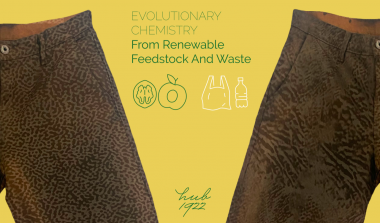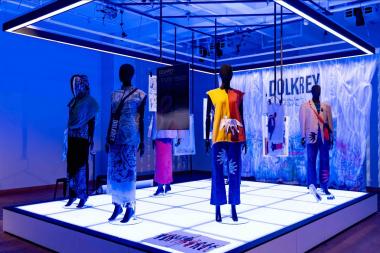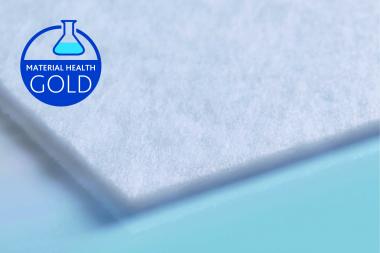Fashion for Good released "Sorting for Circularity India toolkit"
Leveraging insights from Wealth in Waste, Fashion for Good released a toolkit designed to revalorise textile waste in India.
"The Sorting for Circularity India toolkit is a milestone in our journey towards a waste-free world. We have mapped the textile waste landscape, unpacking the huge potential, as well as the roadblocks and commercial opportunities in India’s textile waste industry. We are excited to move beyond rhetoric with this powerful coalition of partners and translate our findings into a roadmap for concrete actions", said Katrin Ley, Managing Director, Fashion for Good.
In 2021, Fashion for Good launched the Sorting for Circularity India Project to organise the Indian textile waste market in a three-phase approach so as to streamline, strengthen and foster the Indian textile waste market to drive the transition to a more circular economy that recaptures value to its maximum potential.
The project brought together various industry players including Fashion for Good partners adidas, Levi Strauss & Co., PVH Corp., Target, Arvind Limited, Birla Cellulose, and Welspun India, as well as Fashion for Good innovators Reverse Resources, PICVISA, and Matoha; H&M, Primark, and TESCO also joined as external partners. The project is supported through catalytic funding provided by Laudes Foundation and IDH, and knowledge support from Canopy and Circle Economy Foundation.
Drawing upon the invaluable insights gained throughout the project, Fashion for Good unveils a toolkit designed to harness the untapped potential of textile waste in India. Together, these resources provide valuable insights, assessments, and practical guidance to advance recycling in India's textile industry.
Fashion for Good































